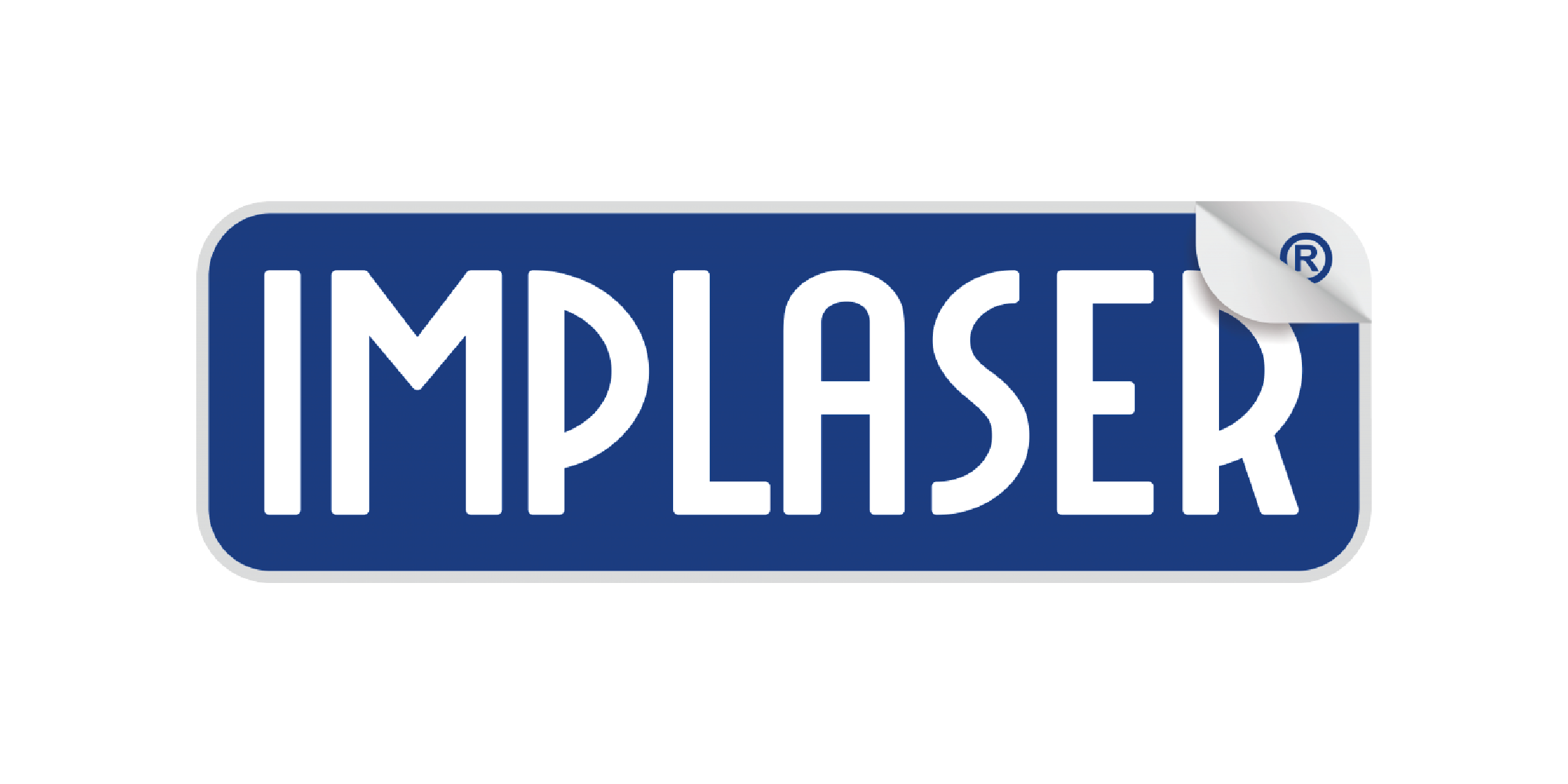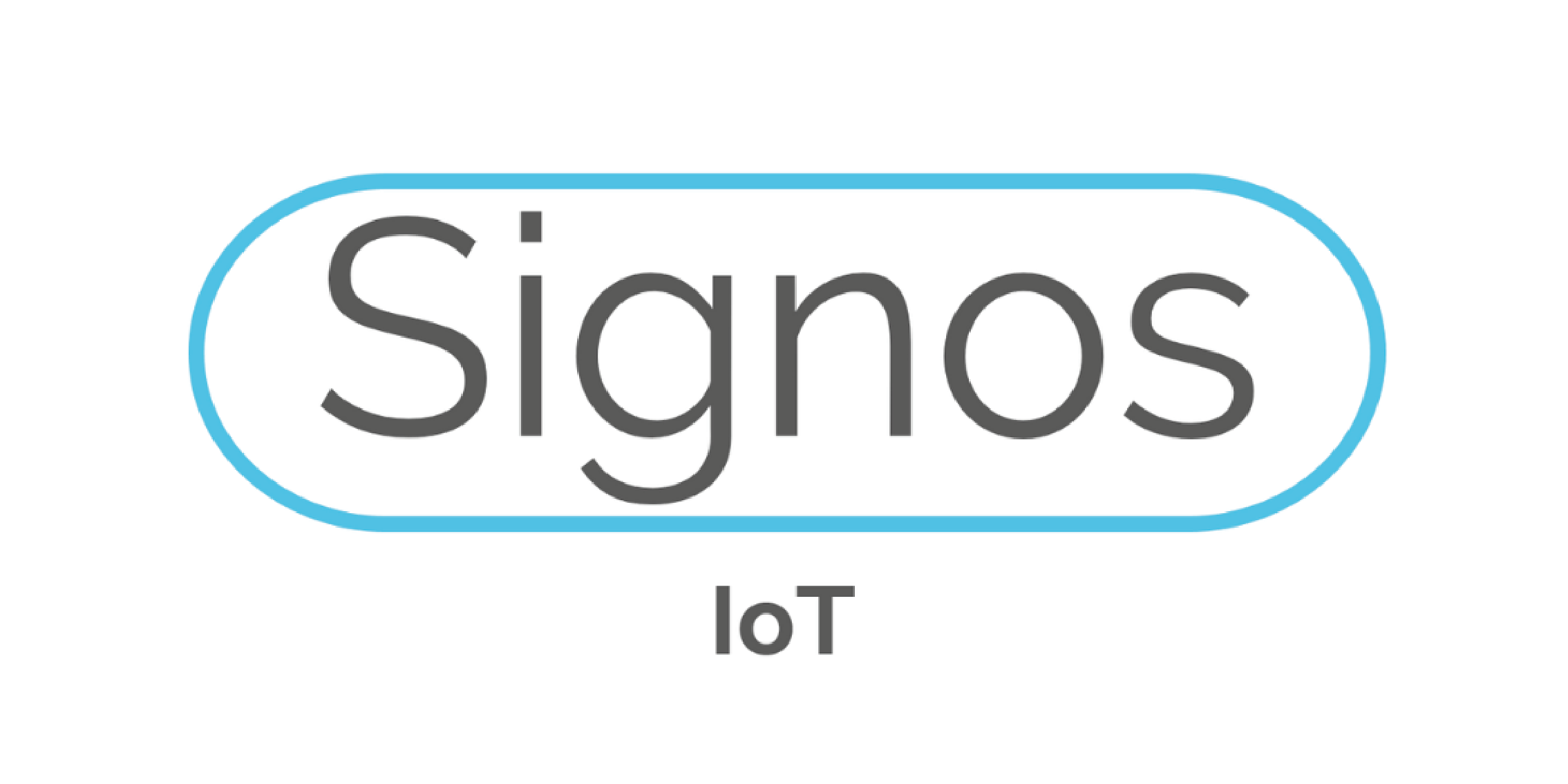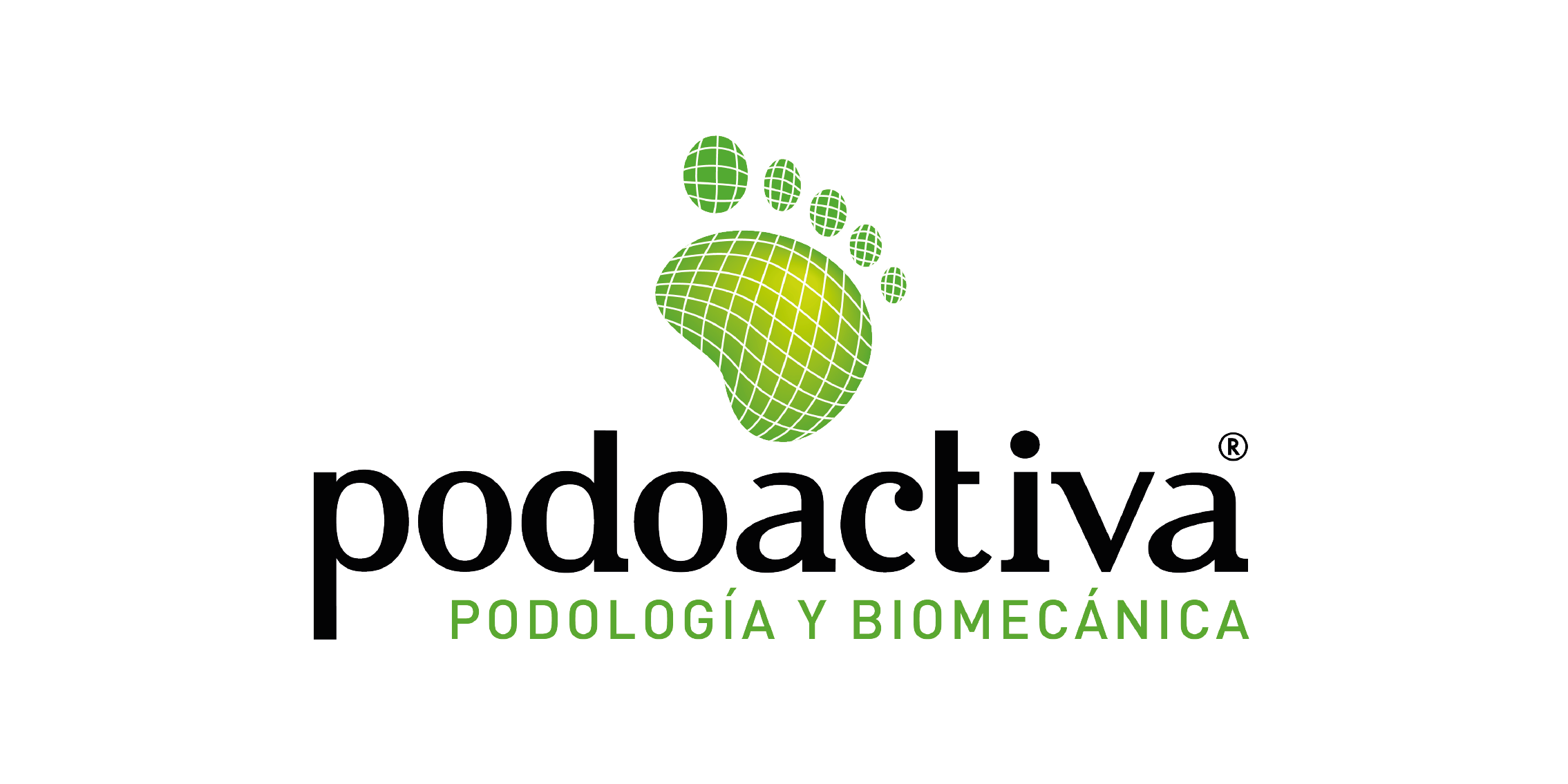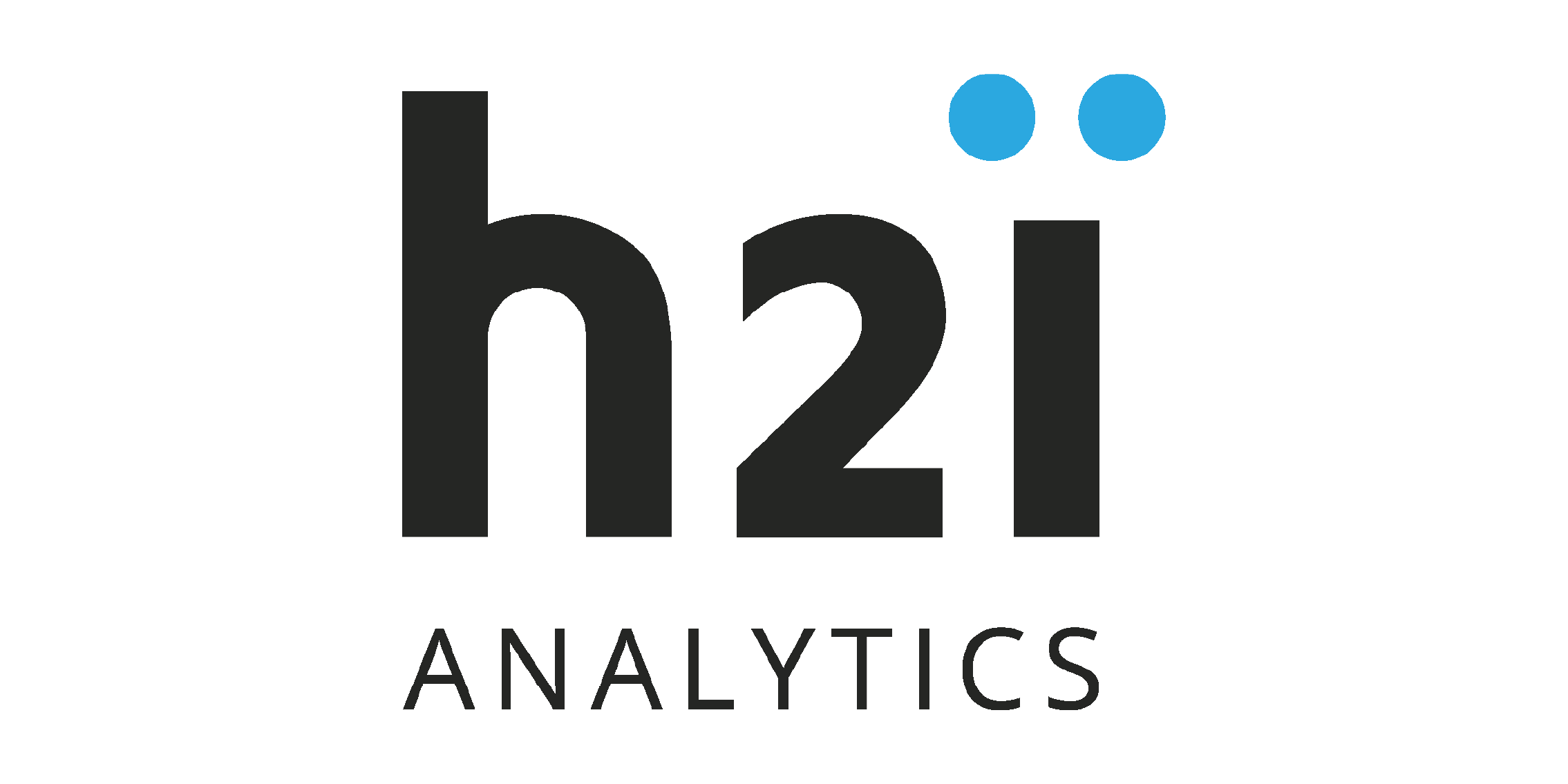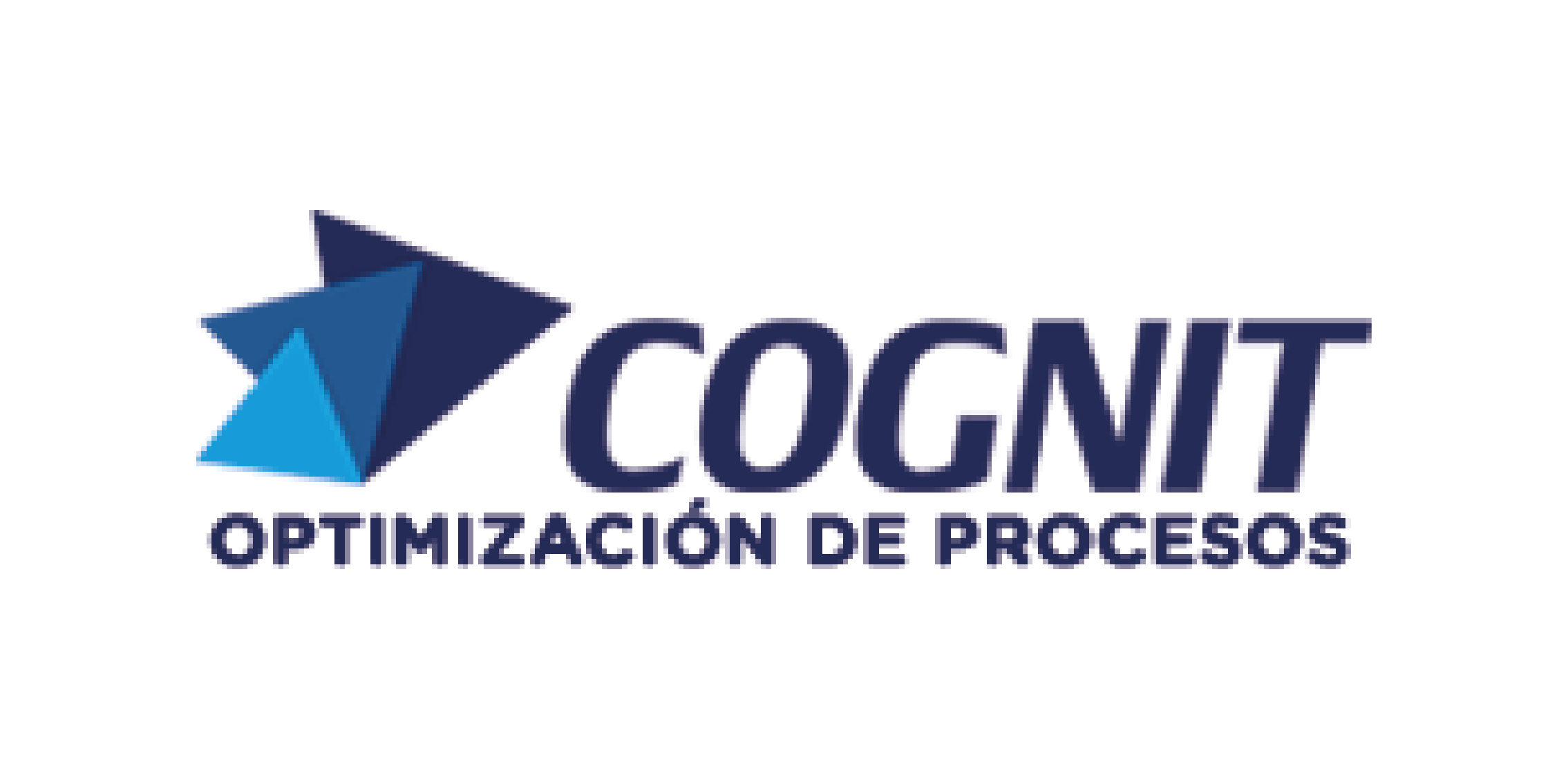What is Howlab?
Howlab (Human Openware Research Lab) is an university research group that belongs to the Aragón Institute for Engineering Research (I3A) at the University of Zaragoza, whose main objective is the research and development of technologies focused on people and their environments. The group is made up of a multidisciplinary team of professionals with complementary profiles (industrial, electronic and telecommunications engineering, informatics, industrial design and social sciences), who promote the development of design, hardware and free software projects that give rise to new electronics products and services based on the IoT.
The Internet of Things (IoT) constitutes a new paradigm in which new services appear in various markets with great economic and social projection. In its visible sphere, we are also witnessing a transformation of the product concept, which is no longer just an artifact in the physical sense, but a stream of intertwined experiences: brand image, interaction, communication, exchange and content; every little part contributing to the success of the whole.
For this reason, HOWLab works on two main lines of research: enabling technologies for the IoT and methodologies for the design of products and services; in order to improve people's lives through the use of technology.
Our efforts are devoted to create real changes in two different application areas through the use of design and IoT:
- the evolution of Smart Territories, not just Smart Cities, attending the fields of energy efficiency and sustainability, water cycle, farming and agriculture;
- and enhancing society’s Quality of life, with emphasis on assistive technologies for the elderly and disabled people and on e-health;.

